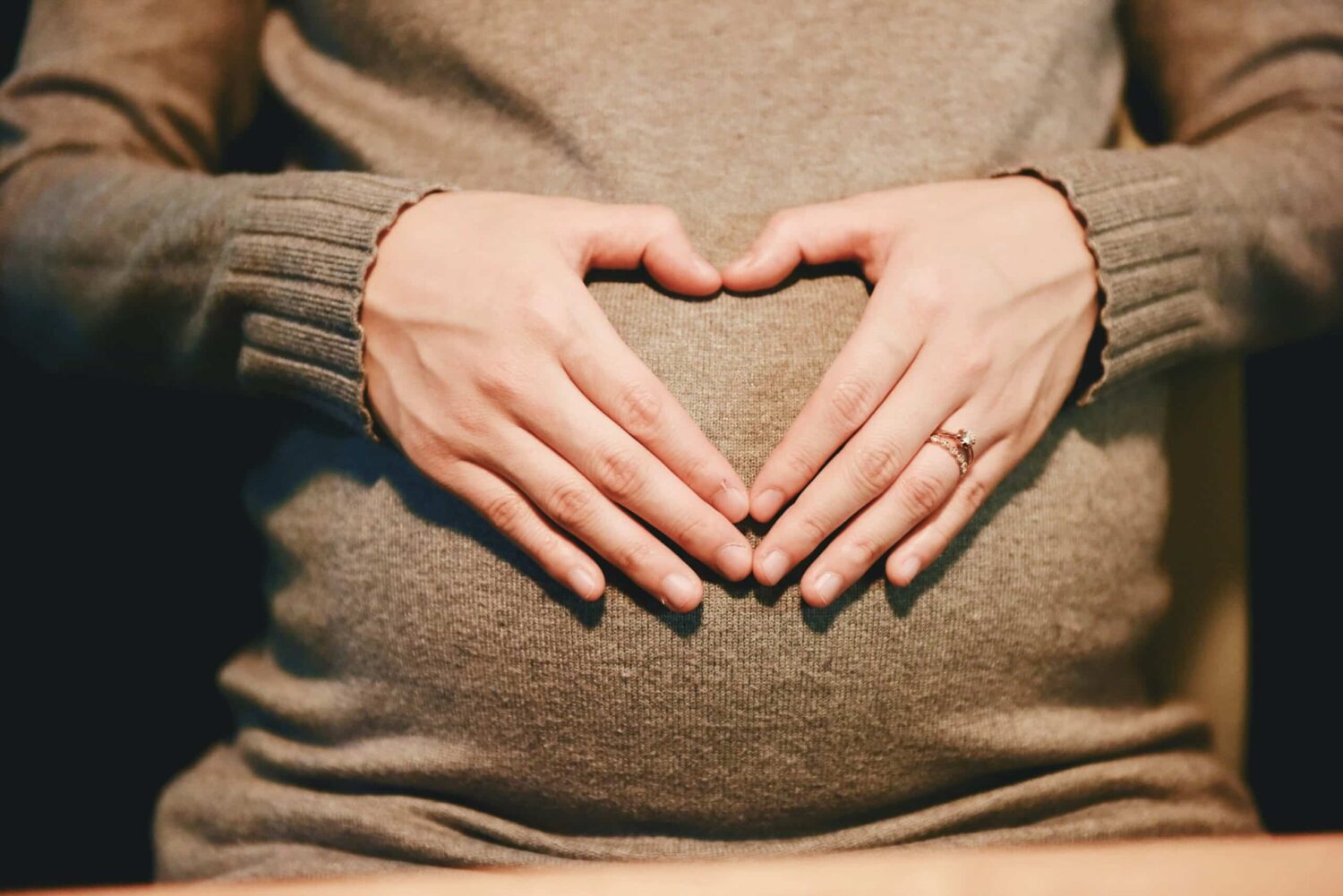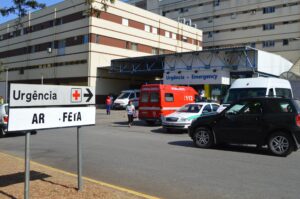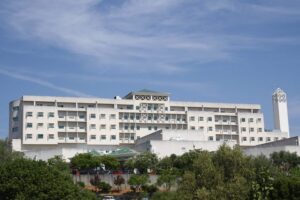Traditionally, the concept of geriatric pregnancy referred exclusively to a pregnancy in a woman over 35 years of age. However, this reductive concept is outdated. If you are planning to become pregnant and have a baby over 35 years of age, this designation will no longer apply to you.
Experts, instead of a rigid classification based solely on age, have opted for an individualization of the pregnant woman, preferring the designation of Advanced Maternal Age. Thus, in addition to maternal age, genetic factors, the woman’s past and current clinical history, and the way in which all of this will influence conception and pregnancy are considered.
In the past, motherhood occurred between the ages of 20 and 30. Sometimes even earlier. Marriage took place early, and family formation was directly related. Women rarely had career ambitions, and domestic duties associated with motherhood fully fulfilled their social role. This trend has reversed, and women find their full fulfilment in other fields, postponing motherhood. Marriage does not immediately lead to the creation and expansion of a family.
Career, material and financial stability, housing, plans to travel without children, professional instability, among others, relegate parenting to a secondary level.
Currently, it is estimated that, worldwide, around 19% of all pregnancies and 11% of first pregnancies occur after the age of 35, with the average age for a first child being 27.1 years, compared to 21.4 years in the 70s.
Despite the biological clock ringing earlier, getting pregnant after the age of 35 is increasingly common and, for a variety of reasons, many women do so successfully in their 40s and 50s.
The difference is that the conception process, instead of being natural and spontaneous, can be accompanied by assisted reproduction methods. This is because the option for late motherhood can be made difficult by the proximity of menopause and the organic changes that occur at this stage.
Therefore, it is essential to understand how menopause affects fertility so that women can plan their pregnancy preferably within reproductive age.
Biologically, a woman is born with all the eggs she will have and will release in each menstrual cycle, decreasing until menopause, which marks the end of her fertile age.
It is estimated that, at the beginning of puberty, a woman has 500,000 eggs, around 25,000 by the age of 30, and around 1,000 by the age of 51. Eggs not only decrease in quantity but also in quality. The small amount determines the probability of getting pregnant, while low quality determines the probability of genetic anomalies or chromosomal alterations.
This is why we understand the difficulty in getting pregnant naturally at an advanced age and the likely need to consult a fertility specialist.
The preservation of cryopreserved eggs collected before the age of 35 or the use of donated eggs can be a solution for delayed pregnancy. Therefore, while it is not impossible to get pregnant at 50, it is very rare and always involves a specialist in medically assisted reproduction.
If becoming a mother is part of your life plan and you are considering pregnancy at an advanced age, age alone does not constitute an absolute obstacle. Reproductive medicine exists to help you achieve this goal.
Article submitted by the HPA Health Group



















